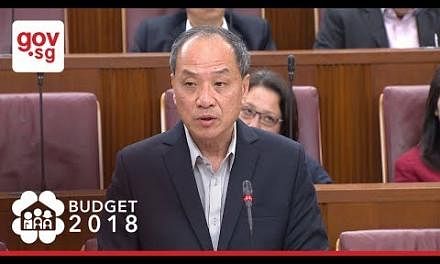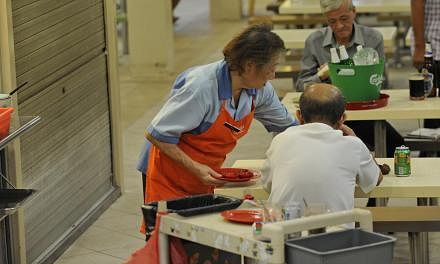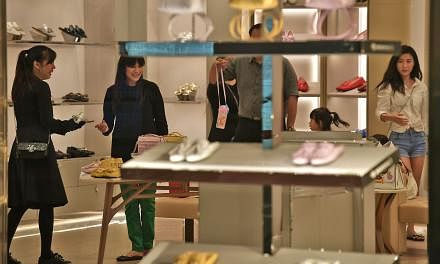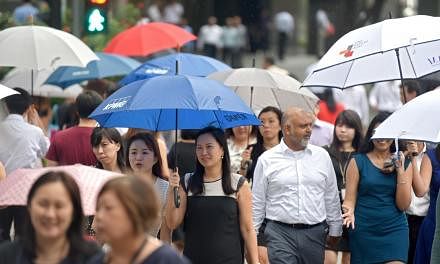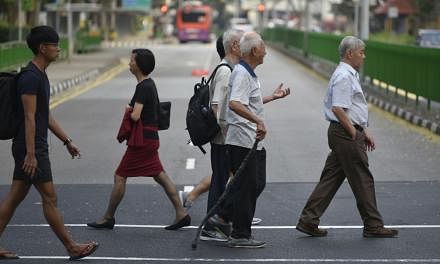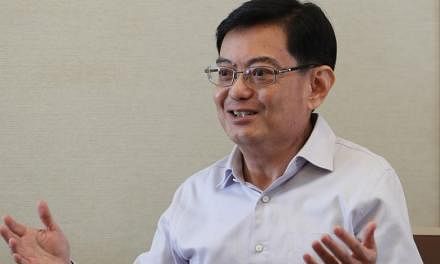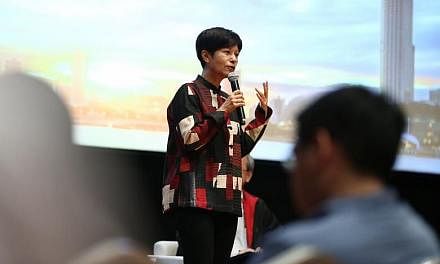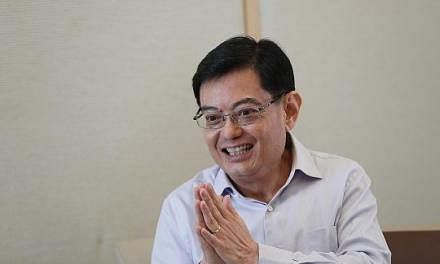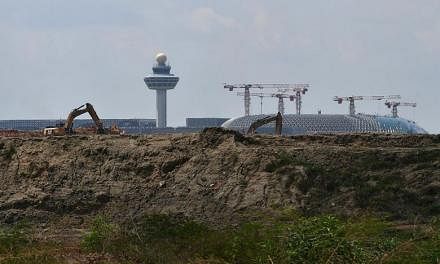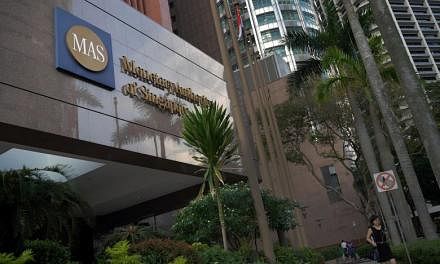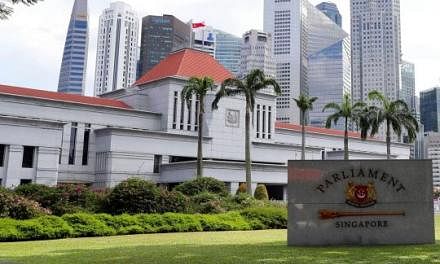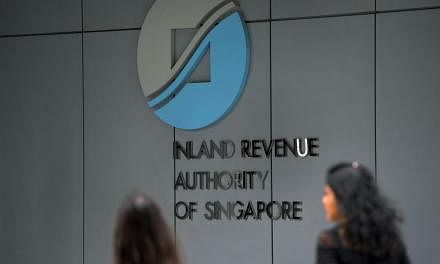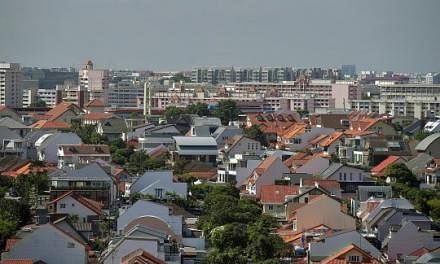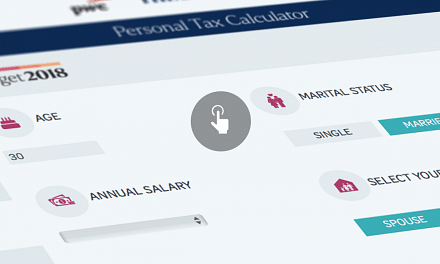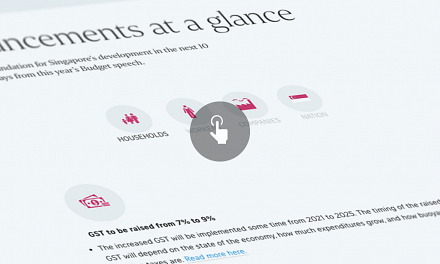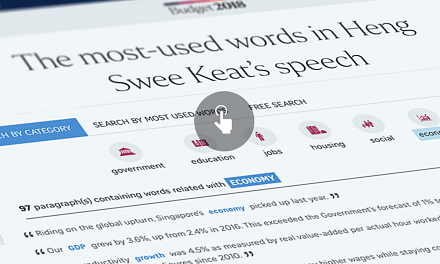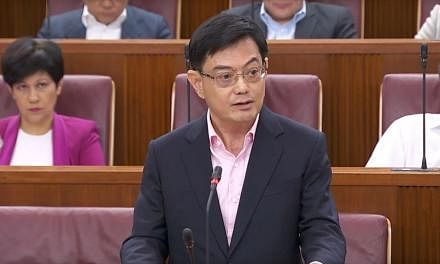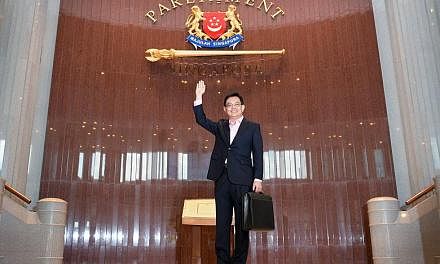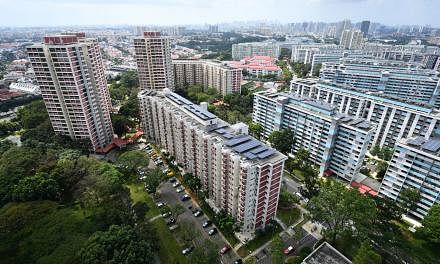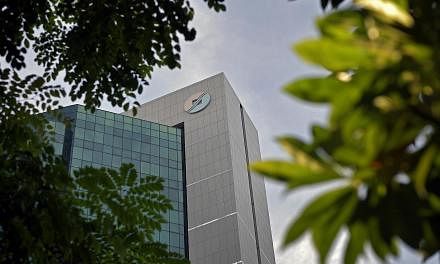SINGAPORE - Singapore will be "moving in the opposite direction" if it raises taxes that affect the wealthy, said Finance Minister Heng Swee Keat in his Budget round-up speech on Thursday (March 1).
Addressing queries and suggestions raised by several MPs to increase personal income and corporate taxes over the past three days of the marathon debate, Mr Heng said global trends show countries reducing these taxes instead.
Said Mr Heng: "We will be moving in the opposite direction if we are to raise personal income taxes when all jurisdictions are competing for talent, including our Singaporean talent."
He was responding in particular to Dr Intan Azura Mokhtar (Ang Mo Kio GRC), who on Wednesday said that there was scope to raise the personal income tax of the top rung of earners, given the maximum tax rates in other economies like Taiwan, Malaysia and Hong Kong.
Mr Heng pointed out that Hong Kong, which has a maximum tax rate of 17 per cent on incomes above $33,000, announced a cut in personal income taxes in their Budget on Wednesday.
He noted that under the present tax structure here, about half of Singapore's workers do not pay personal income tax. Among those who pay income tax, the top 10 per cent pay about 80 per cent of the total personal income tax revenue.
Mr Heng also noted that the United States has cut its headline corporate income tax rate from 35 per cent to 21 per cent, with further changes to keep US firms within the country.
This may spur cuts in corporate income tax rates around the world, Mr Heng warned.
He cited the ongoing global discussion on international tax rules for combating tax avoidance as an example of how there may be "significant changes and uncertainties in the global tax environment".
"Singapore must remain sensitive to these global trends that impact us. We are a small and open economy, subject to the full forces of competition in a globalised economy," he said. "It is important for us to remain a competitive and business friendly location."
Mr Heng said the proposed Goods and Services Tax (GST) hike by 2 percentage points is not expected to impact Singapore's competitiveness significantly, a concern raised by Dr Lim Wee Kiak (Sembawang GRC).
This is because a GST rate of 9 per cent is not high compared with the OECD standard, which is an average of 19 per cent.
Mr Ong Teng Koon (Marsiling-Yew Tee GRC) and Mr Yee Chia Hsing (Chua Chu Kang GRC) had also suggested that the Government looked closely at property tax regimes and stamp duties, which would impact the rich more.
Mr Heng said the Government has made property tax more progressive over the past decade. In the current Budget, it also increased the top marginal buyer's stamp duty rates for residential properties worth more than $1 million from 3 per cent to 4 per cent.
"On average, we collected about $8 billion in recent years from property tax and stamp duty. This is a significant proportion of our revenues. We will continue to review this area closely," he said.


